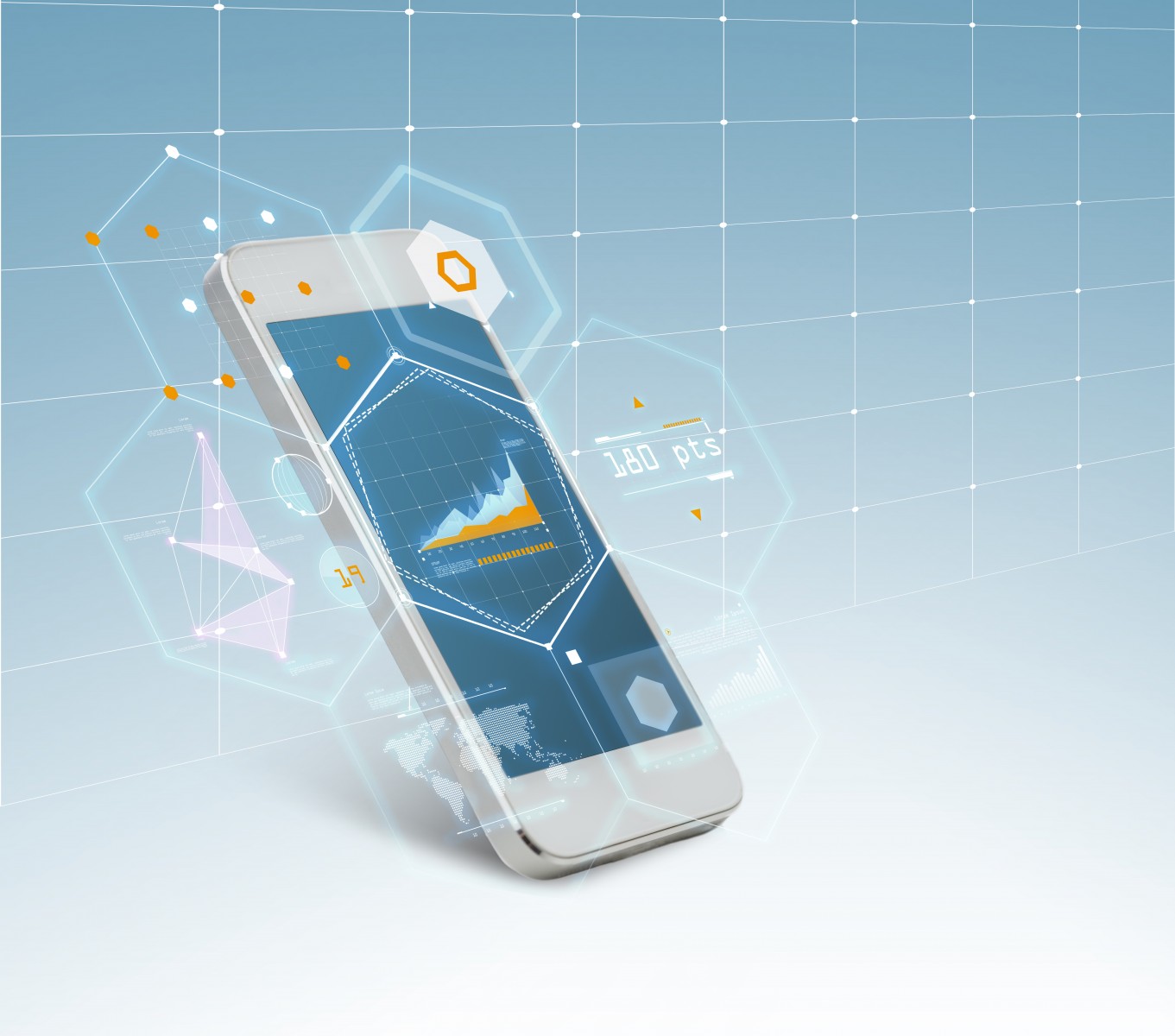MS Study of Smartphone Self-Evaluation Shows Limitations and Potential
Written by |

A smartphone platform may eventually enable large-scale studies of patients with multiple sclerosis (MS) or other neurologic diseases, according to the findings of a recent study published in the journal Neurology, Neuroimmunology & Neuroinflammation.
Smartphones, highly portable and popular, provide a significant opportunity to incorporate information across a diversity of functional domains. Initial work with smartphones in neurological research has focused on symptom assessment and management. Furthermore, as the researchers noted, MS patients are frequent smartphones users and electronic platforms can provide accurate estimations of patient performance when benchmarked against traditional clinical measures.
In the study titled “Evaluating more naturalistic outcome measures: A 1-year smartphone study in multiple sclerosis,” Philip L. De Jager, MD, PhD, from Harvard Medical School, and colleagues investigated the possibility of performing regular smartphone-based assessments of patients with MS and their cohabitants. Specifically, the team aimed to identify operational challenges to deploying a smartphone platform for passive and active data collection in human observational studies, as well as to identify themes that could improve study design for next-generation smartphone applications.
A total of 38 participant pairs (MS and cohabitant), ages 18–55, took part in the research. Each study participant was given a smartphone with a custom application that included 19 tests to capture participants’ performance (vision, cognition, color vision, and dexterity) as well as patient-reported outcomes (quality of life, fatigue, and mood). Study participants were asked to complete one assignment test per day for one year.
The final cohort of participants was of 22 MS patients and 17 cohabitants, with the results revealing that in MS patients there was an association between study dropout and low scores on patient-reported outcomes related to mental and visual function.
“We illustrate several novel features of a smartphone platform. First, fluctuations in MS outcomes (e.g., fatigue) were assessed against an individual’s ambient environment by linking responses to meteorological data. Second, both response accuracy and speed for the Ishihara color vision test were captured, highlighting the benefits of both active and passive data collection. Third, a new trait, a person-specific learning curve in neuropsychological testing, was identified using spline analysis. Finally, averaging repeated measures over the study yielded the most robust correlation matrix of the different outcome measures,” the researchers wrote in the article.
The research team concluded that a smartphone platform, with further work, might be a useful method to gather performance data from MS patients, and suggest that it may allow large-scale naturalistic studies in patients with MS or other neurological conditions.
“Much remains to be done in understanding whether and how smartphone-based data can contribute clinically meaningful information (…) Yet harnessing the potential and overcoming the challenges of naturalistically collected data will be an important part of deep patient phenotyping as studies are scaled to the very large sample sizes (n > 5,000) that are necessary for large endeavors such as gene discovery,” the team concluded.


